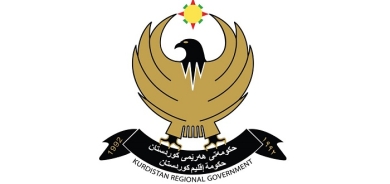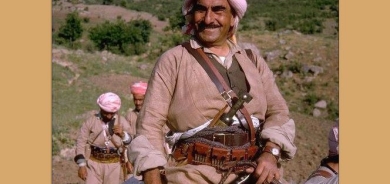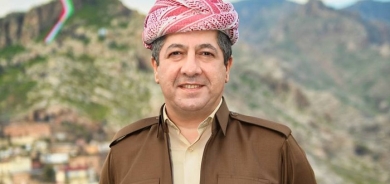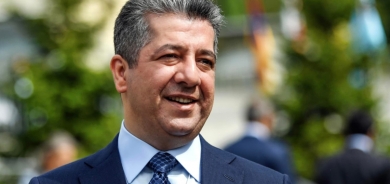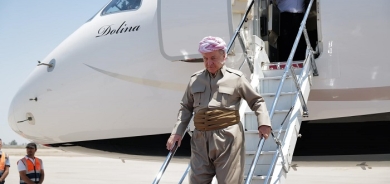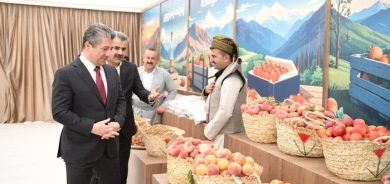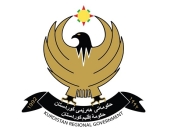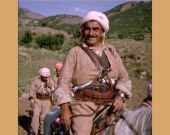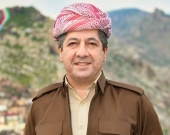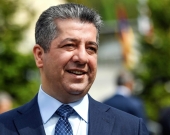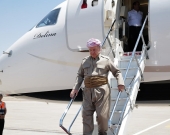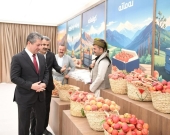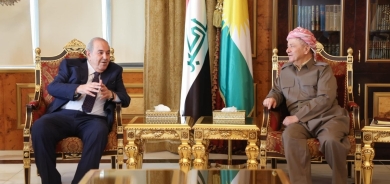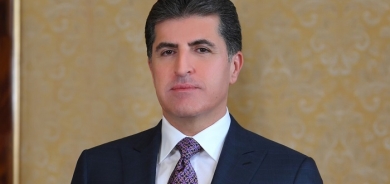Report: Now is the time to work on resolving Iraq's disputed territories

ERBIL (Kurdistan 24) – An independent organization that provides political analysis and makes recommendations on preventing war in areas of conflict across the globe said in a new report that Iraq, the Kurdistan Region, and mediators should now intensify efforts to solve a seemingly intractable national dispute.
"The new administrations in Baghdad and Erbil and the appointment of a new special representative of the UN secretary-general for Iraq provide an opening to move boldly on one of Iraq’s most enduring and divisive issues: the status of disputed territories and the determination of the Kurdish region’s borders," said the International Crisis Group (ICG) on Friday.
The densely-researched, 29-page report, Reviving UN Mediation on Iraq’s Disputed Internal Boundaries, pushes for the UN to "revive its stillborn mediation effort of a decade ago" between the federal government and the Kurdistan Regional Government (KRG) "to bring the two sides to the table and settle the issues dividing them."
"In particular, it should work to reach a permanent deal on the disputed territories."
Earlier in the year, several officials in Baghdad claimed that Article 140 of the Iraqi Constitution, which provides a legal mechanism for resolving the outcome of the disputed territories, is outdated.
For the Kurds, however, it is considered still in full force.
The article sets out a three-stage normalization process, part of which is the return of various groups of people to their areas of origin, including those forcefully transferred in the systematic Arabization campaign carried out by the former government of Iraq in cities like Kirkuk.
The next step would be a local referendum to determine whether a majority of the populations in specific areas want to be under the authority of Iraq's federal government or the KRG, a step the Kurdistan Region would argue has already been fulfilled by its Sept. 2017 independence referendum.
The deadline for Article 140 to be implemented was Dec. 2007, but due to political differences between Erbil and Baghdad, it has yet to come to fruition.
"Following parliamentary and regional elections this year, Baghdad and Erbil are forming new governments," continued ICG. "This presents a fresh opportunity to settle longstanding disputes between them."
The report by the Brussels-based organization argues that domestic support "for a renewed attempt at settling the boundary question" is growing.
"Iraq’s new president, Barham Salih, has signalled his intent to address the matter, and parliamentarians with Muqtada Sadr’s winning Sairoun list have visited the Kurdish region to initiate discussions. They will need outside support."
The alternative, says ICG, is "letting the issue linger and hoping that it does not turn violent again."
"Yet the Kurdish aspiration to incorporate the disputed territories into the Kurdish region is undiminished, as is Baghdad’s determination not to give them up."
If successful negotiations for a political settlement are not reached, the report warned, "another violent spasm is just a matter of time, as predictable as the swing of a pendulum."

